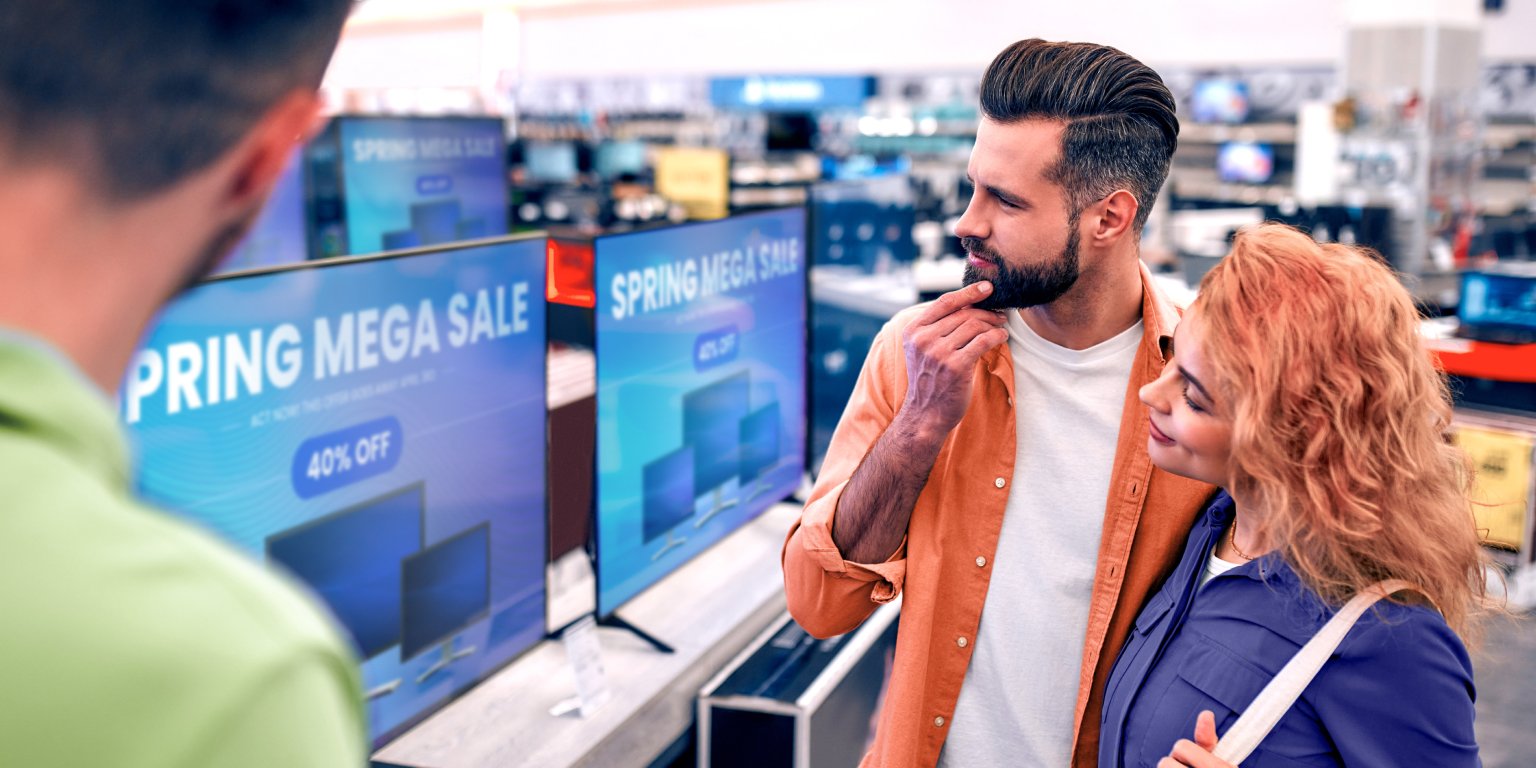While retail success has historically been achieved by price, product quality, and exemplary customer service, personalization and targeted consumer engagement have emerged as arguably the most important tactics for businesses aiming to stay ahead of the curve.
A recent report from Salesforce spotlights this transformative shift: 65% of consumers now expect businesses to adapt to their unique preferences, and 53% believe that companies should anticipate their needs. If companies get this right, it can pay dividends, as 65% of consumers will remain loyal to businesses that offer more personalized retail experiences.
To cater to these escalating demands and retail personalization trends on a broad scale, businesses need to seamlessly integrate state-of-the-art technology solutions and embrace cutting-edge marketing methodologies.
Harnessing Consumer Data for Precision Engagement
In today’s hyper-connected world, the essence of a memorable retail experience is deeply rooted in personalized recommendations. The current landscape permits dynamic recommendations powered by sophisticated algorithms that meticulously sift through enormous datasets in real time, factoring in diverse consumer behaviors, shopping patterns, and market trends to deliver offers that connect with consumers.
This rigorous, data-centric approach to retail personalization isn’t confined to product recommendations. Contemporary brands are harnessing the power of data to redefine mobile engagement paradigms. Take Ikea as an example: Since 2017, this furniture retailer has leveraged augmented reality and image recognition to send customers personalized digital content and give them the ability to use their mobile devices to virtually place Ikea furniture in their homes.
Still, in this avalanche of data, it’s paramount for brands to strike a balance between granular personalization in retail and consumer privacy. Recognizing this, many brands are strategically pivoting toward first-party data collection methodologies. By emphasizing direct consumer interactions — for example, loyalty program sign-ups, holistic app engagement, and candid feedback sessions — brands can ensure that their marketing endeavors resonate with authenticity while fortifying consumer trust.
Blending the Best of Digital and Physical Retail Experiences
Retail personalization doesn’t have to be limited to the online space. Brick-and-mortar retailers have crafted ingenious strategies that blend digital personalization with in-store shopping.
The ambiance of physical outlets plays an instrumental role in sculpting consumer perceptions. Think of retailers such as Walmart, which enhances the shopping atmosphere in its stores nationwide by broadcasting music through its own radio station in both Walmart and Sam’s Club locations. This sensory experience is further amplified when the company encourages musicians traveling through Arkansas to participate in a Walmart & Sam’s Club Radio Takeover.
Emerging technologies are also ushering in a new era of in-store retail personalization. Whether powered by facial recognition systems or AI-driven shopping assistants, they’re capable of offering real-time, in-store product recommendations that can significantly enhance the shopping experience.
Concepts like Farfetch’s “Store of the Future” are emblematic of this paradigm shift, presenting a glimpse into a future where technology and retail coalesce to redefine traditional shopping norms.
Personalization: The Catalyst for Multifaceted Retail Success
While bolstering sales remains a primary metric of success, the spectrum of benefits offered by personalization in retail is vast. By crafting tailored shopping experiences, retailers can cultivate deeper consumer loyalty and lay the foundations for enduring and profitable relationships. This laser-focused approach can amplify a brand’s market standing and solidify its reputation as a consumer-first entity.
Furthermore, personalization equips brands with a ton of actionable data, which can be analyzed to identify evolving consumer behaviors, fine-tune operations, and identify nascent market trends. Armed with these insights, retailers can recalibrate their strategies with surgical precision and ensure that their offerings remain in sync with consumer desires.
Personalization has become the lifeblood of the modern retail ecosystem. As consumer expectations continue to evolve, brands should embrace data-driven strategies to maintain their relevance and fortify their market presence. In doing so, they can create lasting, meaningful relationships with consumers and earn both immediate victories and long-term strategic gains.
To learn more about how Rockbot can help you take advantage of digital trends to augment your in-store shopping experiences, download our whitepaper Retail Media Unleashed: A Comprehensive Guide to Tapping Into In-Store Potential.






